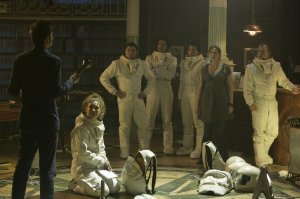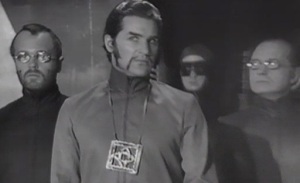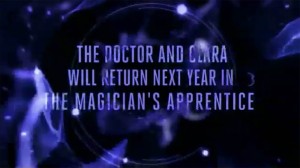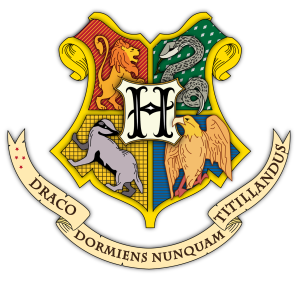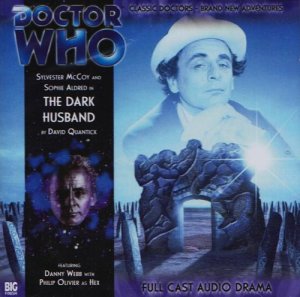This is a bit of a stream-of-consciousness character exploration post. I’m a bit of a non-stereotypical fanfic writer because I find that I prefer to write about how minor characters react to meeting the main characters, and my stories often end up exploring how the characters change after meeting the Doctor. Because of this, I spend a lot of time thinking about specific interesting characters to figure out what their history and motivations were, and how their outlook and goals might have changed due to the events in their episode. Most recently, I’ve been thinking about “Silence in the Library” and “Forest of the Dead”, which has a range of guest characters in the expedition that set out to find out what happened in the Library: Strackman Lux, who funded the expedition, Miss Evangelista, Lux’s personal assistant, Proper Dave, the pilot, Other Dave, Anita, and River Song. You might think this post is about River Song, but it’s not. Though she is at her most interesting and independent at this point in the overall Doctor/River story, this post is about the others.
My thoughts started out with trying to figure out what everyone’s role in the expedition was. We know that River was hired by Lux to explore the Library and Miss Evangelista is Lux’s employee, but the other three characters are more or less interchangeable except that we know that Proper Dave was the pilot of the ship. (We might also assume that he has other skills and isn’t just a pilot, because if he was just a pilot, he would have stayed on the ship, where he’s most valuable.) When they’re ordered to do things, they all do them and don’t show any particular aptitude for anything in specific. It’s not even really clear if they’re employees of the Felman Lux Corporation or if they were contracted specifically for this expedition; the only thing that’s really clear is that they aren’t River’s employees or students, since they don’t seem to know her at all. Further, they all seem to have undefined personalities, and more or less exist story-wise to be eaten by the Vashta Nerada. Anita’s given a few more lines to emphasize River’s whispering of the Doctor’s name into his ear, but beyond that, she’s not really distinguishable from the other two, making the Doctor’s statement that he liked her (as opposed to the two Daves) rather odd: what exactly was it about her that made her stand out?
The only truly interesting character in the group is Strackman Lux. He’s portrayed at first as rather cold and only interested in protecting his interests, but we find out that he was actually trying to protect his family – in specific, Charlotte. He becomes a much more sympathetic character at that point, but there’s more to him. The question is, what exactly is his relationship with Miss Evangelista? It’s implied that he’s the CEO of the Felman Lux Corporation and behaves like he owns the universe, so why did he choose Miss Evangelista, someone who obviously doesn’t have any skills and is very much a liability, to be his personal assistant? The first impulse would be to suspect that she’s his mistress, but neither of them show any interest in the other (and even if he might be able to hide such a relationship in a business situation, she wouldn’t be able to). He shows no exceptional remorse when she dies. On the other hand, he doesn’t take part in the rest of the crew’s mocking of her lack of intelligence, and in fact, is the only one of the expedition who encourages her: when she’s offering the contracts to the Doctor and Donna, he mouths her words along with her and is satisfied when she succeeds. A possible explanation for all of this is that he’s responsible for her in some way – for example, the daughter of someone he loved who died and left her parentless – and he’s providing for and nurturing her as best as he can without actually considering her to be family. This is sort of a Snape/Harry situation, without the additional hatred that Snape felt for Harry. Considering it this way, Lux is actually a fascinating character, with a selfish, business-only surface hiding a stronger moral core.
Of course, we’ll never know if this is how the character was envisioned, and certainly, with the very few lines and scenes that Lux gets, this scenario is not well-supported, but this is exactly the kind of thing I love to think about with this show. What’s hidden in the background? Where did these characters come from and where will they go? The characterization of Anita, Proper Dave, and Other Dave was disappointing, but there’s definitely a deeper story with Lux that’s worth exploring. And that’s what keeps me coming back.

